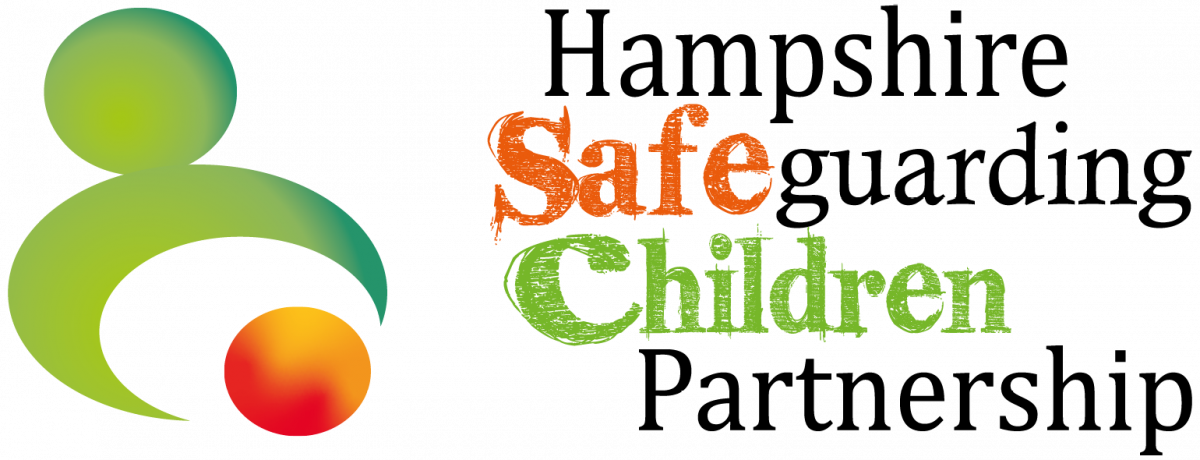Practical Tips
There is increased awareness of the impact that the problems and difficulties experienced by adult family members can have on the development and psycho-social adaptation of children. There is also national recognition that emotional abuse and in particular neglect of children is significantly under-recognised and addressed.
Parents, carers or expectant parents may have difficulties which impact on their ability to meet the needs of their children or expected child and/or adults at risk. These children may be in need of assessment for services provided by a range of agencies from universal and early intervention to acute or specialist.
Professionals are required to have honest conversations with families’ about how their needs and decisions can impact on the children living within the family unit. It can be difficult to know how best to approach these conversations and find the right words to convey what you need to say in a way that will be understood and accepted by those receiving the message.
Here are some suggested ‘conversation starters’ and tips for talking to families about whether a parent’s learning disability, mental health or substance misuse is having an impact on their parenting capacity.
Professionals are required to have honest conversations with children, adults and their families, on a regular basis. It can sometimes be difficult to navigate these conversations and find the right words and approach to convey what you need to say in a way hat will be understood and accepted by those receiving the message.
If you work with children and young people you are likely to have conversations about difficult or upsetting topics.
Where possible try to plan and prepare for such a conversation to help you feel confident about raising and addressing challenging topics. However, some conversations can happen unexpectedly. A child or young person may raise a sensitive issue with you, or an event could trigger the need to talk to the child you work with.
Whether or not you’ve been able to plan the conversation in advance, reflecting back on what was said afterwards can help you learn and improve for next time.
Whatever has happened to a child or young person it is vital they have someone they can have an open discussion with.
It is increasingly important to provide a coordinated, multi-agency approach when working
with individuals and families. People will access a wide range of services throughout their
life, and it is important to work together to have a clear understanding of risks, the support that may need and to have a co-ordinated approach to support. For this to be successful and effective, strong communication and engagement with a range of professionals in different agencies and roles is key.
This short guide contains some tips and advice to support interprofessional collaboration.
The term ‘Unidentified Adults’ refers to an adult who agencies are not aware of, or not engaging with. They could be living within a household where children or adults with care and support needs live or with someone who has regular contact with them. This can be in any capacity (such as parent, partner, grandparents, non-family member etc.)
The risk of not engaging effectively with adults who have regular contact with children/adults at risk, or who live within the family home, includes not gaining an understanding of:
- What the child’s/adult’s main caregiver and other family members might be saying about the ‘Unidentified Adults’ role within the family.
- The positive contribution which they might make to the needs and welfare of the child/adult at risk.
- What support they may offer to the family, including caring for children/adult at risk.
- Any risks which they might present.
It is important to ensure that when information is sought and responses are received regarding adults involved in a child or adult at risk’s life, that it is recorded within your agencies records.
An adult at risk is any person who is aged 18 years or over and at risk of abuse or neglect because of their needs for care and or support. Where someone is over 18 but still receiving children’s services and a safeguarding issue is raised, the matter should be dealt with as a matter of course by the adult safeguarding team.
This guide aims to provide professionals with practical tips on engaging with adults at risk including those that do not want to engage.
Professional curiosity is a combination of looking, listening, asking direct questions, checking out and reflecting on information received. It means:
- testing out your professional hypothesis and not making assumptions,
- gathering all the information from different sources to gain a better understanding of individuals and family functioning,
- getting an understanding of individuals’ and families’ past history which in turn, may help you think about what may happen in the future,
- obtaining multiple sources of information and not accepting a single set of details you are given at face value,
- having an awareness of your own personal bias and how that affects how you see those you are working with,
- being respectively curious.
This resource pack aims to raise awareness of professional curiosity. It can be used in team meetings, as part of group/individual supervision and for your own development.
